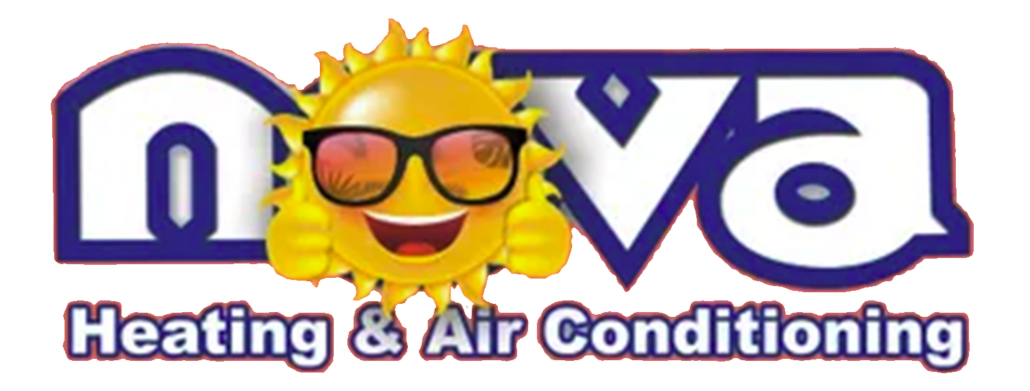The air conditioner (AC) is only safe if it operates soundly and you use it as you should. Otherwise, the AC can affect your home or household’s health and safety. Below are crucial tips for AC safety.
Maintain the System
Specific maintenance practices can help you use your AC safely. For example, you should:
- Replace the air filter regularly because a dirty filter encourages the circulation of pathogens, allergens, and mold that can affect your household members.
- Prevent and plug duct leaks that can admit germs and pests that can make your household sick.
- Inspect the system for faults that can trigger electrical fires.
Get a contractor to maintain the AC.
Promptly Fix Malfunctions
Dangerous malfunctions that can harm your household might not affect you much if you deal with them promptly. For example, refrigerant exposure can affect your respiratory system, affect your vision, and irritate sensitive parts of your body. However, you can immediately avoid all these dangers by diagnosing and fixing refrigerant leaks.
Minimize DIY Repairs
DIY repairs are dangerous for two main reasons. First, you might harm yourself during the process. For example, you might accidentally cut refrigerant lines and spill them on your body or touch electrical wires and suffer an electrical shock.
Secondly, you might damage the system or perform an ineffective repair that allows the damage to worsen over time. For example, DIY servicing of electrical AC parts, such as the compressor system, increases electrical fire risk.
Keep Water Away From the Unit
Water conducts electricity to complete circuits between electrical conductors that should remain separate, creating a short circuit. Such short circuits easily cause electrical fires. Install your AC units where they cannot easily encounter water. The risk of water exposure is especially high with window AC units usually in used or occupied rooms.
Pay Attention to Changes
Know how your AC system normally runs so you can spot abnormalities before they endanger your household. For example, notice if the AC starts smelling funny, becomes noisier than usual, or develops strange running cycles. For example, bubbling or hissing noises might indicate refrigerant leakage, which is dangerous.
Keep Access Panels or Covers Closed
Access panels cover and protect specific AC parts. For example, the compressor access panel protects components such as cables and motors. Keep the access panels or covers closed at all times. Otherwise, a child or pet might access the electrical lines and suffer electrocution. Alternatively, pets or pests might damage the cables and trigger electrical fires.
Don’t Use an Extension Cord
A typical AC draws a lot of current. According to news.energysage.com, a window AC can draw as much as 20 amps at 120 volts and a central AC as much as 60 amps at 240 volts. This much energy can overwhelm many electrical appliances or cables.
Therefore, don’t plug your AC into an electrical extension cord. The cord might overheat and cause an electrical fire, especially if you run the cord cable in confined places (such as under the carpet). Plug the AC directly into a wall outlet. Ideally, the AC should also be on a dedicated circuit to avoid circuit overload.
Ensure Proper Anchoring
A window AC is an injury risk if installed on a weak structure. The unit can fall and damage your household contents or cause physical injury. Ensure the installation frame and support structure is strong enough to hold the unit’s weight.
Nova Air Conditioning & Heating has installed, serviced, and repaired HVAC systems for over 36 years. We can help you ensure your AC system is always efficient and safe. Contact us for all your HVAC needs and enjoy our customer-focused and professional services.




